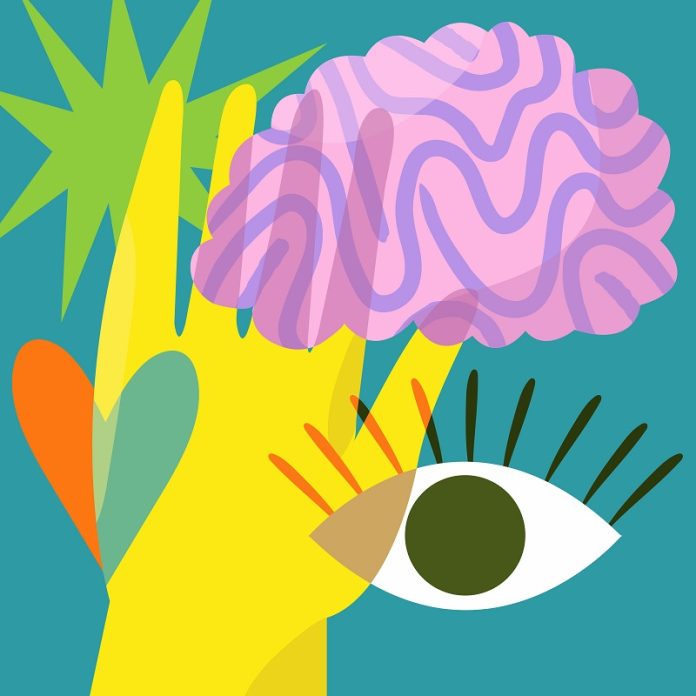
Alzheimer’s disease is a brain disorder that affects memory, thinking, and behavior. It’s most common in older adults and is known for causing confusion and memory loss.
However, some people with Alzheimer’s also experience hallucinations and delusions, which can be very distressing.
Let’s explore why this happens, using plain language to make it easier to understand.
Hallucinations are when a person sees, hears, smells, tastes, or feels things that aren’t really there. For example, someone might see people or animals that don’t exist. Delusions, on the other hand, are false beliefs.
A person might believe something that isn’t true, like thinking someone is stealing from them or that their spouse is an imposter. Both hallucinations and delusions can be very confusing and frightening for the person experiencing them and their loved ones.
Research has shown that these symptoms are relatively common in Alzheimer’s patients. Around 30-50% of people with Alzheimer’s may experience hallucinations or delusions at some point. But why do these symptoms occur? Scientists have identified several possible causes.
One major cause is changes in the brain. Alzheimer’s disease leads to the buildup of abnormal proteins, like amyloid plaques and tau tangles, which damage brain cells and disrupt communication between them.
This damage affects various parts of the brain, including those responsible for perception and reasoning. When these areas are affected, it can lead to hallucinations and delusions.
Another factor is the chemical changes in the brain. Alzheimer’s disease alters the levels of certain neurotransmitters, which are chemicals that help transmit signals in the brain.
One key neurotransmitter affected is acetylcholine, which plays a crucial role in memory and learning. Reduced levels of acetylcholine can impair brain function and contribute to hallucinations and delusions.
In addition to these internal brain changes, other factors can trigger or worsen hallucinations and delusions in Alzheimer’s patients. Stress and anxiety, for example, can make these symptoms more likely.
People with Alzheimer’s often feel confused and scared, which can increase their stress levels. This heightened stress can, in turn, lead to or intensify hallucinations and delusions.
Medications can also play a role. Some drugs used to treat Alzheimer’s or other health conditions can have side effects that include hallucinations and delusions.
For instance, certain pain medications, sleep aids, and even medications for depression or anxiety can cause these symptoms. It’s important for doctors to review a patient’s medications to see if any might be contributing to these issues.
Poor vision or hearing can also lead to hallucinations. When a person has trouble seeing or hearing, their brain might fill in the gaps with imagined sights or sounds. This is more likely to happen in people with Alzheimer’s, as their brain is already struggling to process information correctly.
Lastly, infections or other medical conditions can sometimes cause hallucinations and delusions. Urinary tract infections, pneumonia, or dehydration are common in older adults and can lead to a sudden worsening of Alzheimer’s symptoms, including hallucinations and delusions.
Understanding why hallucinations and delusions occur in Alzheimer’s patients is crucial for managing these symptoms. While there is no cure for Alzheimer’s, there are ways to help reduce the impact of these distressing experiences.
Ensuring a calm and supportive environment can make a big difference. Reducing stress and anxiety through familiar routines and gentle reassurance can help. Regular check-ups with healthcare providers can help identify and treat any underlying medical issues or medication side effects.
In conclusion, hallucinations and delusions in Alzheimer’s patients are caused by a combination of brain changes, chemical imbalances, and external factors like stress and medications.
Recognizing these causes can help caregivers and healthcare providers better manage these challenging symptoms, improving the quality of life for those affected by Alzheimer’s. With the right care and support, it’s possible to navigate these difficult experiences more effectively.
If you care about Alzheimer’s disease, please read studies that bad lifestyle habits can cause Alzheimer’s disease, and strawberries can be good defence against Alzheimer’s.
For more information about brain health, please see recent studies that oral cannabis extract may help reduce Alzheimer’s symptoms, and Vitamin E may help prevent Parkinson’s disease.
Copyright © 2024 Knowridge Science Report. All rights reserved.



